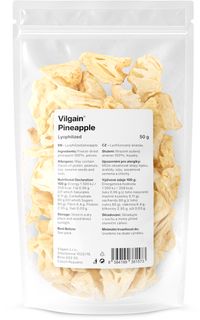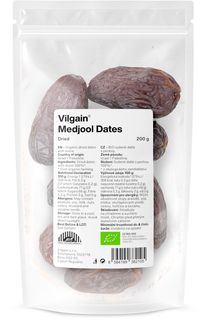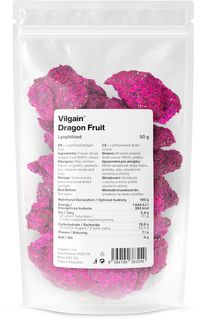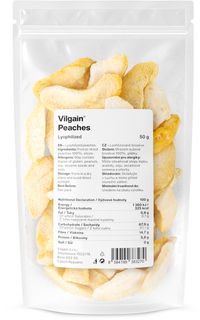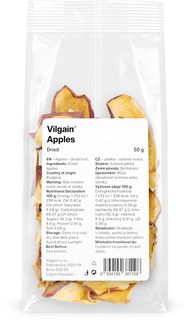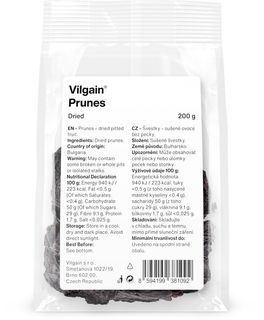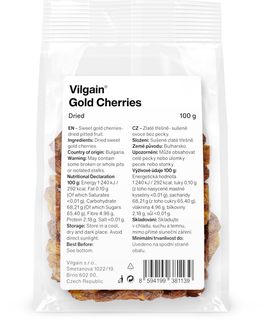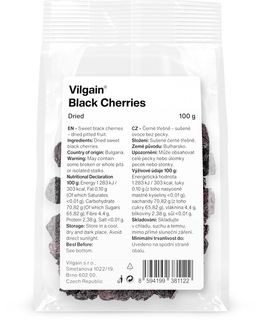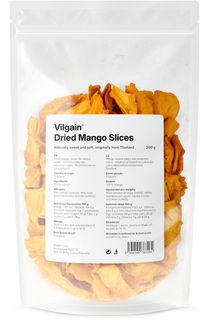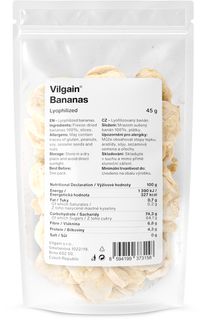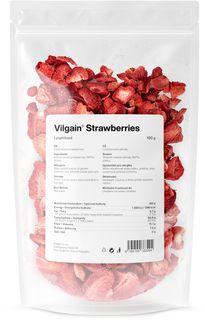
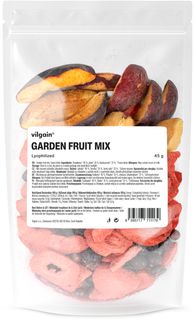
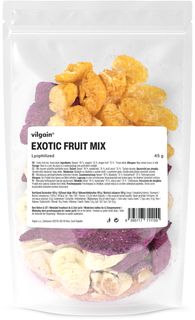
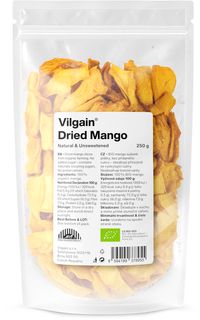
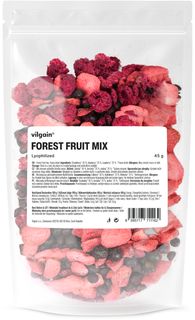


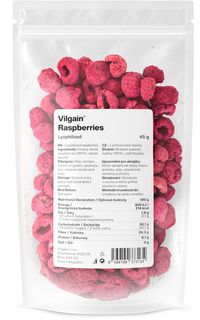
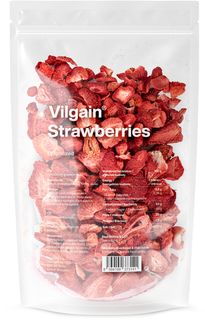
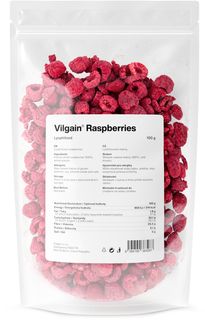
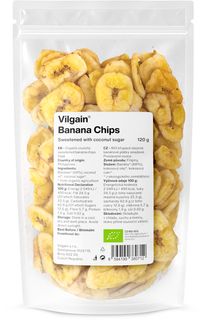
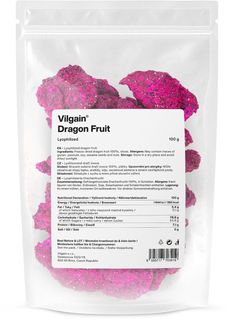
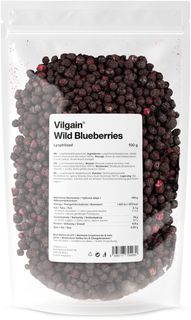
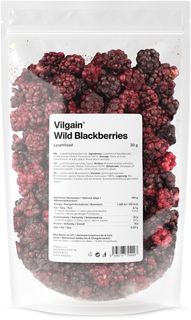
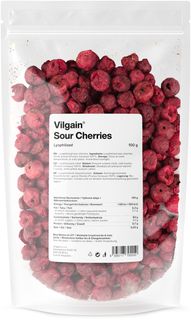
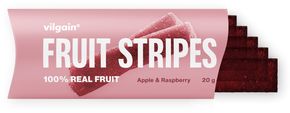
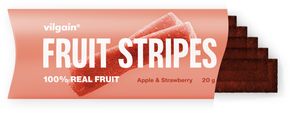
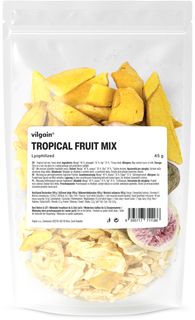

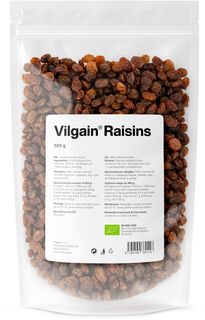
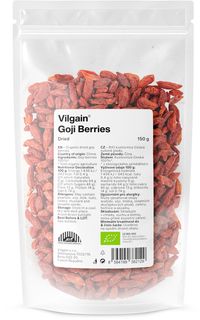
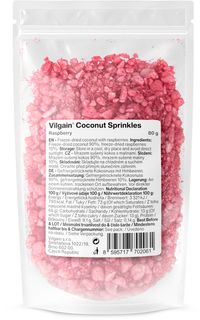
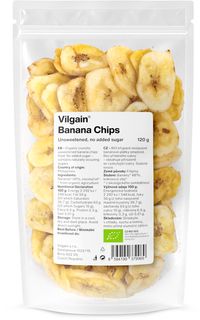
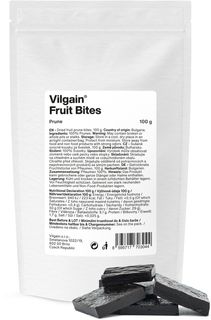
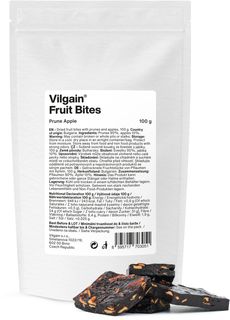
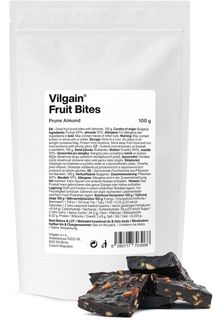
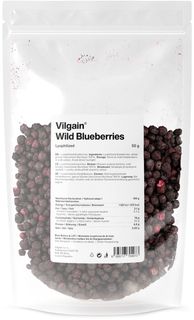
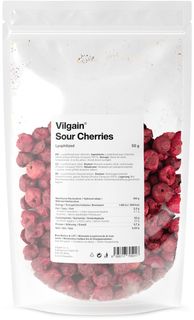
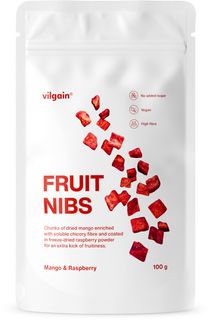

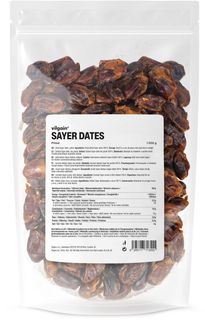
Is dried fruit healthy?
Dried fruit is one of the staple foods in the healthy diet in the healthy food supply. It is a good source of fibre, vitamins, minerals, antioxidants and other bioactive substances that have been shown to have a positive effect on human health. Among the most frequently mentioned potential benefits when consumed in adequate quantities are:
- better digestion,
- regulation of blood pressure,
- reducing oxidative damage, or
- reducing the risk of developing obesity.
A problematic factor of dried fruit is the high concentration of energy and the high presence of natural sugars, which can account for up to 65% of the content. Great care should therefore be taken with sweetened dried fruit. Excessive consumption of dried fruit can cause weight gain and other health problems.
Dried fruit is useful for making cereals, instant porridges, smoothies, yoghurts, baking and cooking, or in combination with nuts and chocolate as a healthy snack on the go.
Traditional dried fruits, also known from home, include apples, pears, plums, cherries or raisins. More "exotic" fruits such as. mango, pineapple, dates, or goji. If fruit in its "natural" form is not enough for you, try fruit in chocolate or other coatings.
How do you dry fruit?
Drying fruit is one of the oldest methods of preserving fruit, making it possible to enjoy it out of season. During the drying process, the water (which can account for up to 90 % of the weight of fresh fruit) is lost, concentrating the antioxidants, vitamins, minerals, fibre and natural sugars. However, there is also a loss of vitamin C. The following methods are used for drying fruit:
- sun/air drying is the traditional, but lengthy, process of preserving fruit. Fruit can be dried in this way in dry weather at temperatures above 30 °C. In wet weather, the fruit needs to be checked for possible mould growth;
- hot air drying is a rapid and widespread method of drying. At temperatures in the range of 40‑60 °C, the fruit is dried in a few hours;
- freeze‑drying, known as freeze‑drying, is a relatively innovative method of preserving as much of the vitamins, minerals and other health benefits of fruit as possible. Freeze‑dried fruit also retains its colour and flavour.
Sulfur vs. non‑sulfur dried fruit
Sulphites are preservatives that extend the shelf life of dried fruit , preventing browning of the fruit or the development of mould and bacteria. On the other hand, it is one of the main allergens that can cause serious health problems.
Unsulphured dried fruit is characterised by a fuller and more pronounced flavour, is usually not artificially sweetened and does not contain other additives.


